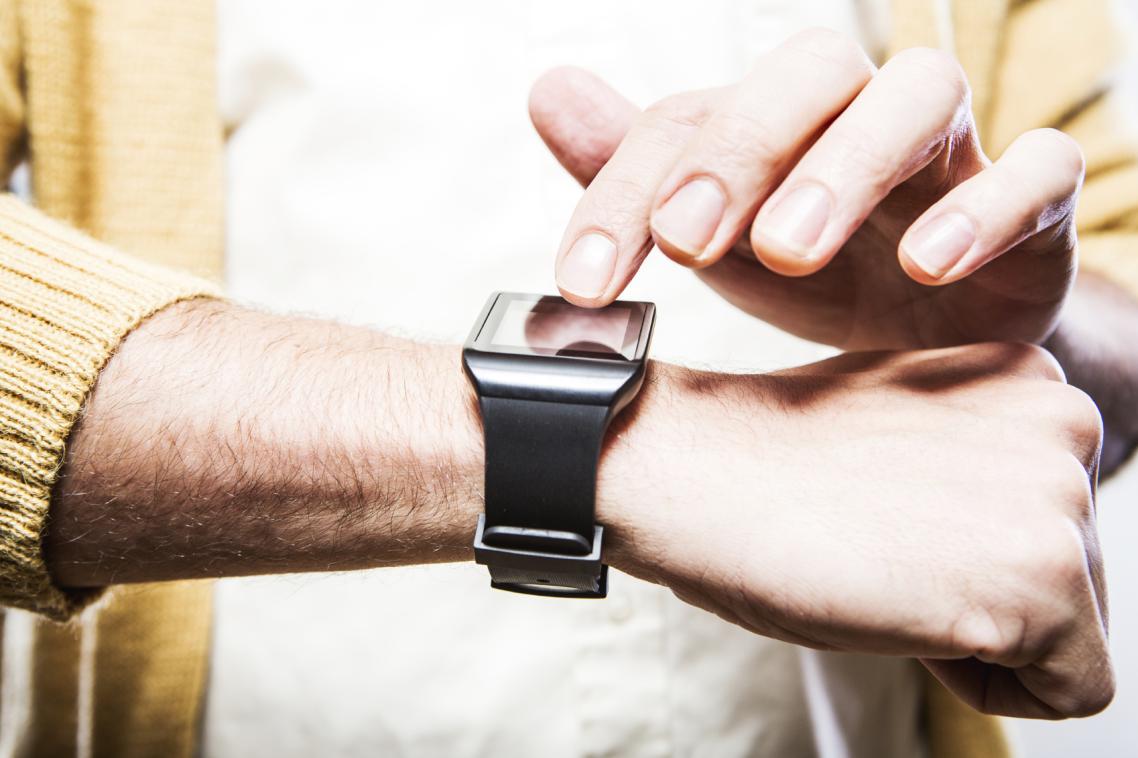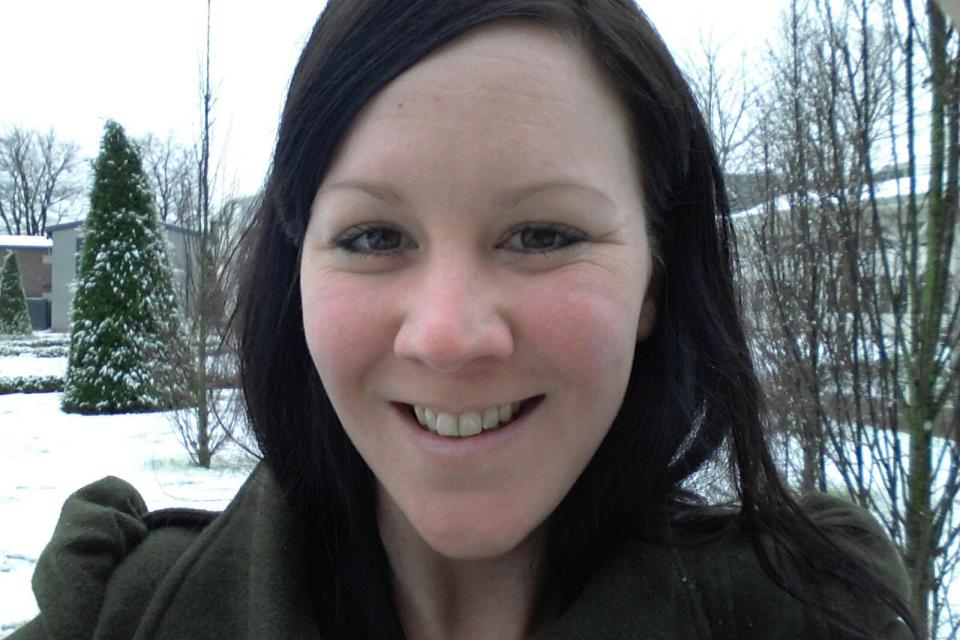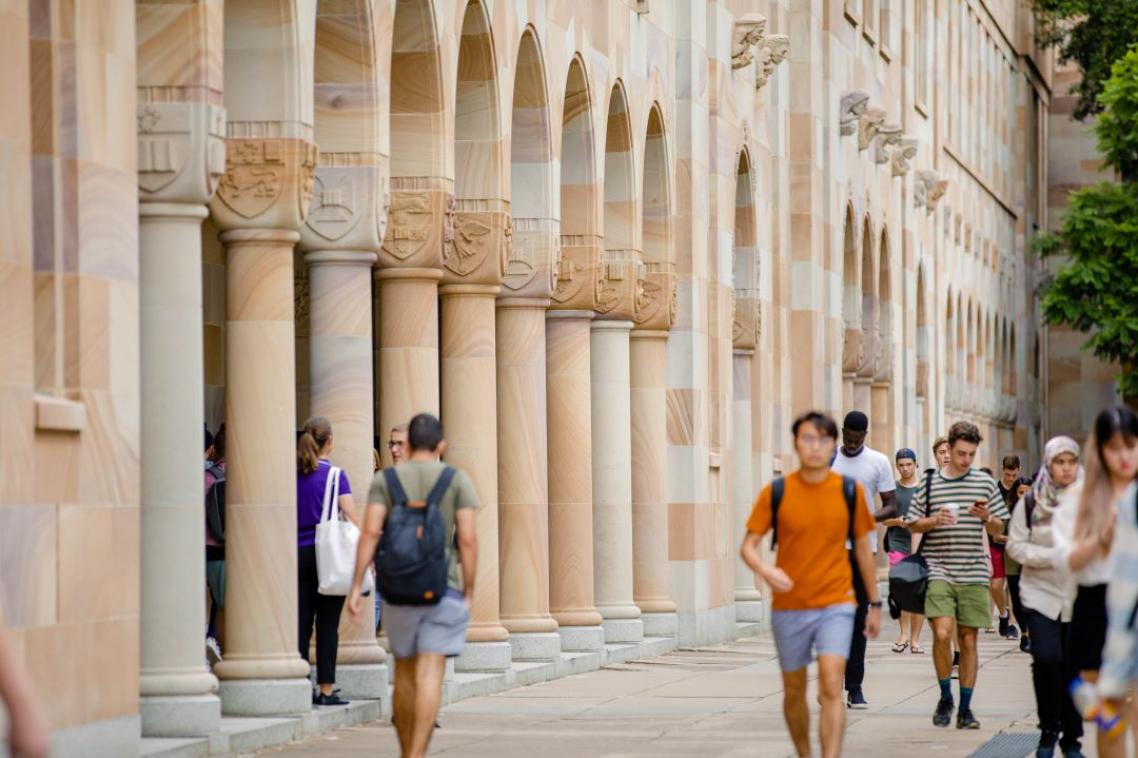Combatting multiple sclerosis with smartwatches

A Queensland researcher’s goal of using smartwatches to combat the effects of multiple sclerosis (MS) will see her fly to the USA on an MS Research Australia grant.
Dr Hannah Gullo (pictured below) of The University of Queensland School of Health and Rehabilitation Sciences has received an $8000 Ian Ballard Travel Award.
“I’m conducting a trial to evaluate the application of compensatory memory techniques using smartwatch technology,” Dr Gullo said.
“Smartwatches make it easier than ever to implement strategies to manage problems like forgetfulness.
“It’s as simple as saying: ‘Remind me to buy milk at 5pm’.
“There’s no need to find a pen or even pull out your phone.”

She will spend four weeks at the Kessler Foundation in New Jersey, which is renowned for rehabilitation research in multiple sclerosis, spinal cord injury, brain injury and stroke.
“I’m extremely thankful to MS Research Australia for the travel award plus the seeding grant from the UQ Faculty of Health and Behavioural Sciences to make this possible,” Dr Gullo said.
Globally, more than 2.3 million people are living with MS, including more than 23,000 in Australia.
MS is characterised by an attack on myelin, fatty material that insulates nerves, and results in disturbances in sensory, motor, visual and cognitive functions.
It generally develops between the ages of 20 and 50, and is much more common in women.
“Only during the past two decades have clinicians become increasingly aware of the prevalence and profound functional impact of cognitive impairment in MS,” Dr Gullo said.
“This trip will enable me to consult with international experts in the field of cognitive training to inform the next phase of the trial.
“Developing a novel technique for training memory and thinking skills in people with MS is the end goal.”
Media: Dr Hannah Gullo, hannah.gullo@uq.edu.au; UQ Communications Robert Burgin, r.burgin@uq.edu.au, +617 3346 3035, +61 0448 410 364.
Related articles

Should you consent to your doctor using an AI scribe? Here’s what you should know.

$1.85 million boost for UQ research projects
Media contact
UQ Communications
communications@uq.edu.au
+61 429 056 139
